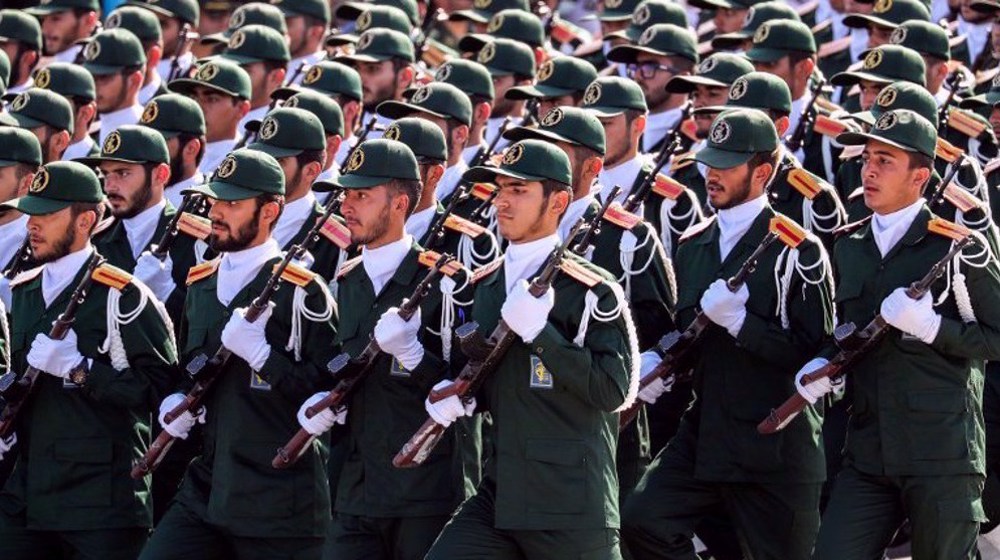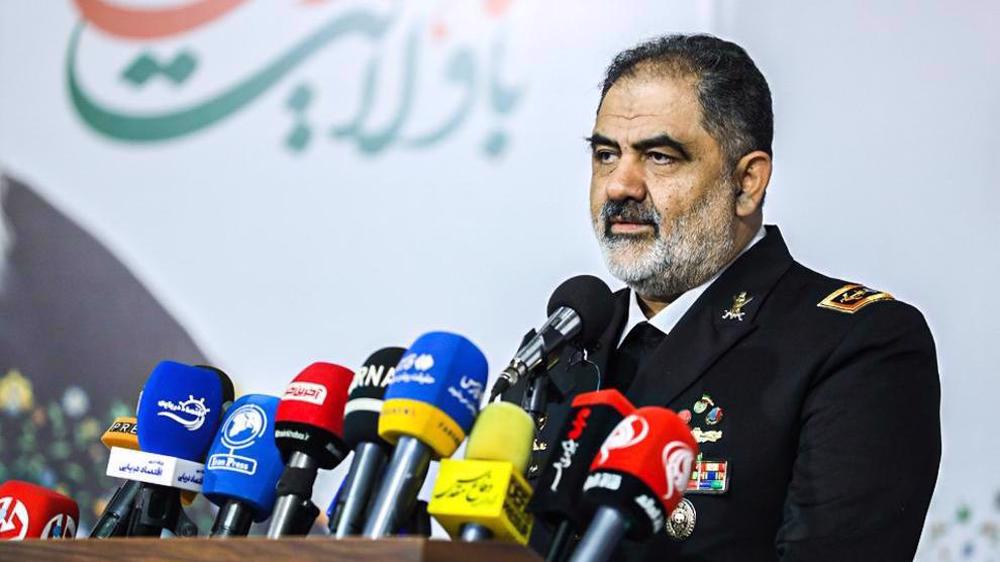Rouhani’s defense pick vows to enhance Iran’s missile power
President Hassan Rouhani’s new pick for defense minister has underlined his resolve to further enhance Iran’s ballistic missile capabilities if he qualifies for the post.
Brigadier General Amir Hatami was speaking on Thursday before the parliament on the third day of discussions on the qualifications of Rouhani’s nominees for ministerial posts.
He underlined the importance of promoting the country’s missile defense capabilities as one of the key priorities on his agenda over the next four years.
“In the next four years, apart from enhancing combat and defense capabilities, we will devote a special effort to boost missile and ballistic power, strategic air power as well as strategic maritime power and increase rapid reaction forces,” Hatami said.
During the Thursday debate, four legislators delivered speeches in favor of the defense minister nominee, while no lawmaker spoke against his qualifications. Hatami needs the legislature’s vote of confidence to serve in the new cabinet.
“Iran has achieved defense deterrence power and the enemies acknowledge Iran’s high defense power in the region and the world,” he pointed out.
The defense minister nominee pointed to the failure of enemy attempts to isolate the Islamic Republic, noting, “Many of the governments, which pioneered sanctions against Iran, are now trying to develop cooperation with Iran.”
Hatami also stressed the need for spotting and countering US-led threats as another part of his plan for the Defense Ministry.
Iran has recently made major breakthroughs in its defense sector and attained self-sufficiency in producing important military equipment and hardware.
The Islamic Republic says its military power poses no threat to other countries and is merely based on the doctrine of deterrence.
Over the past months, the US administration has imposed a series of sanctions against Iran over its national missile program.
Iran has slammed the bans as a violation of the nuclear deal signed between Iran and the five permanent members of the UN Security Council - the United States, Britain, France, China and Russia - plus Germany on July 14, 2015. They started implementing the agreement on January 16, 2016.
VIDEO | Yemenis praise the military for its successful operations against Israel
VIDEO | Iran’s Leader receives eulogists on Hazrat Fatima birth anniv.
VIDEO | Israel continues to bomb Gaza homes
VIDEO | An insider's view of the country: Meybod City in Yazd
‘All wars have rules. All of those rules have been broken’ by Israel
VIDEO | Report flags India’s violation of rights of Rohingya detainees
Turkey's foreign minister meets Syria's de facto leader in Damascus
VIDEO | US Syria plots












 This makes it easy to access the Press TV website
This makes it easy to access the Press TV website